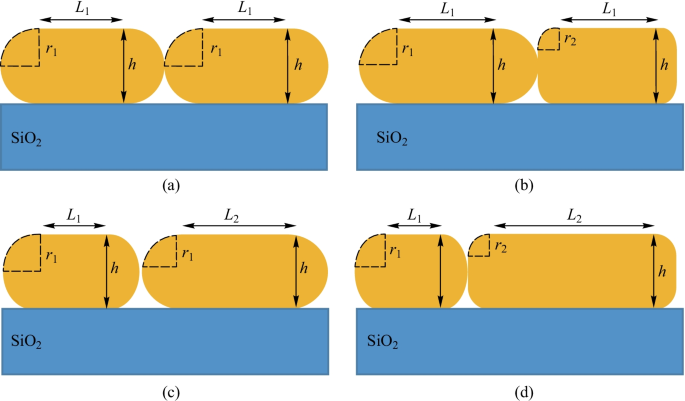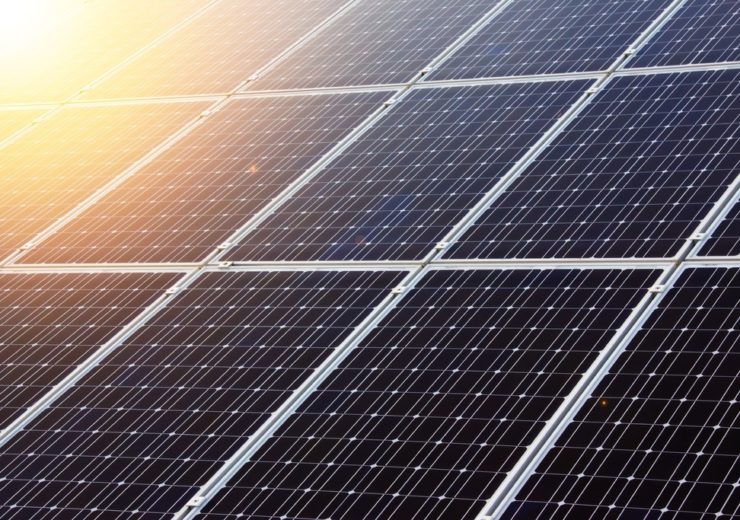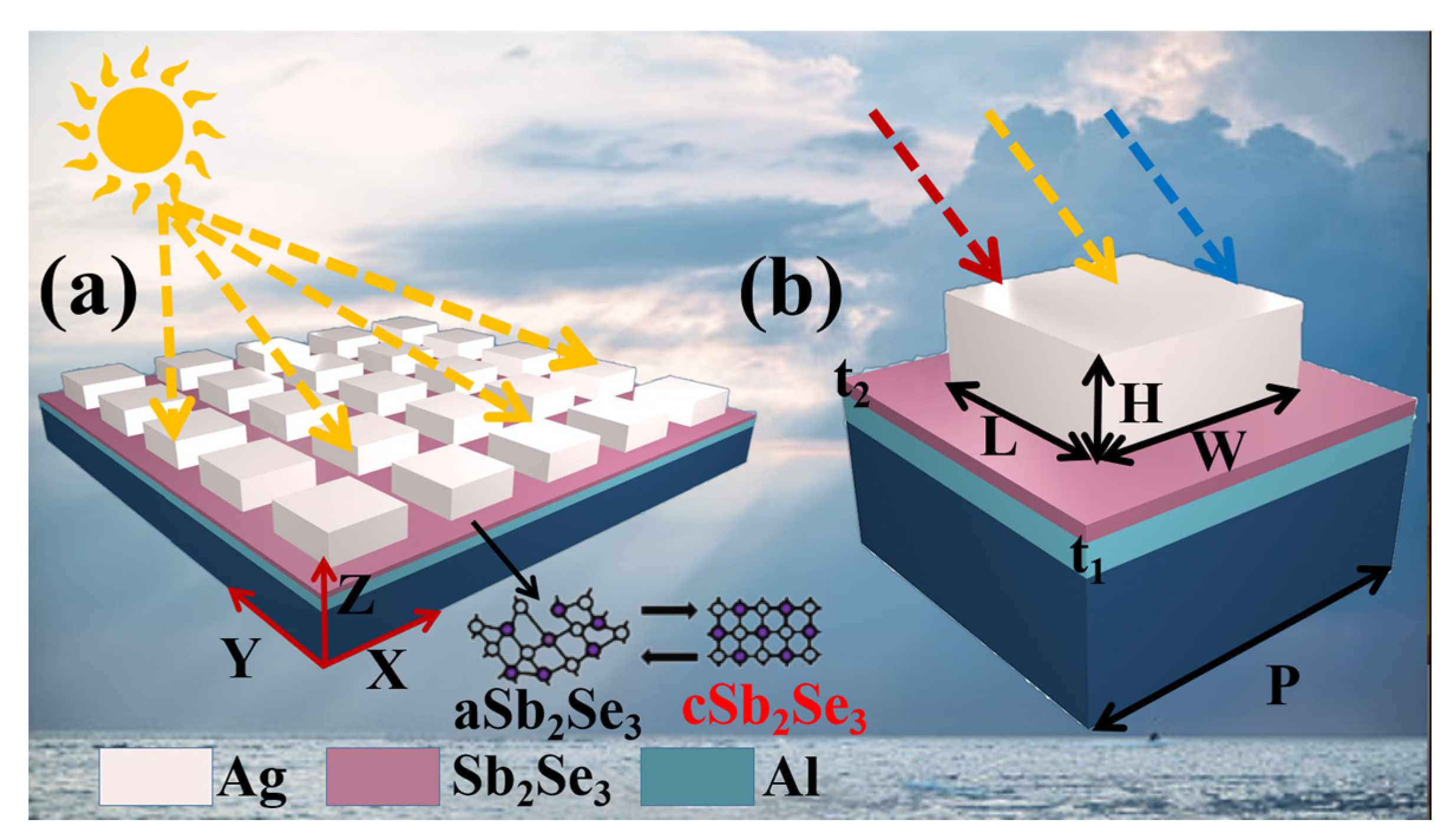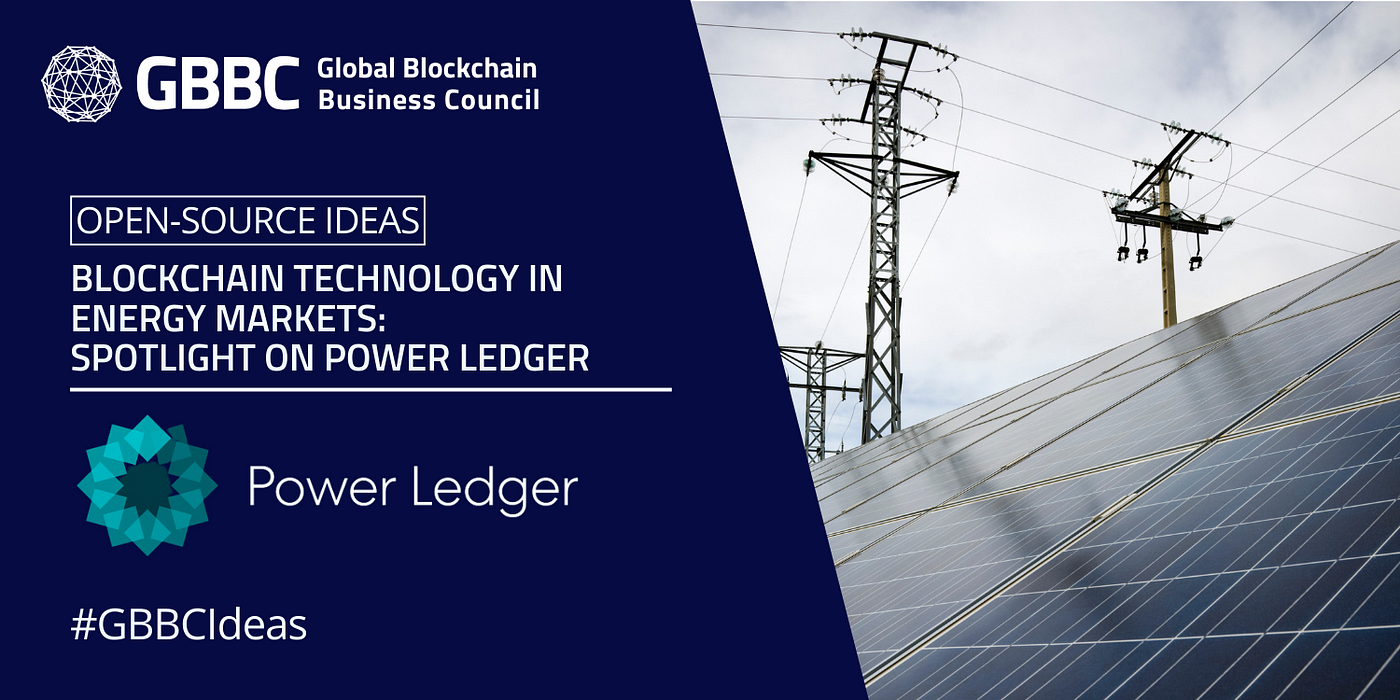Solar absorbers, also known as solar collectors, are devices that capture and utilize the energy from the sun to generate electricity. They are an important part of the future of electricity because they provide a clean and renewable source of energy that can help to reduce our reliance on fossil fuels.
There are several different types of solar absorbers, including photovoltaic cells, concentrated solar power systems, and solar water heaters. Photovoltaic cells are the most common type of solar absorber and are used in solar panels to convert sunlight into electricity. Concentrated solar power systems use mirrors or lenses to focus the sun's energy onto a receiver, which generates steam to power a turbine and produce electricity. Solar water heaters use the sun's energy to heat water, which is then used for domestic or industrial purposes.
One of the main benefits of solar absorbers is that they do not emit any greenhouse gases during the electricity generation process. This makes them a much more environmentally friendly option compared to fossil fuels, which are a major contributor to climate change. In addition, solar absorbers do not rely on non-renewable resources, such as coal or oil, which means they do not contribute to resource depletion.
Another advantage of solar absorbers is that they can be installed in a variety of locations, including rooftops, parking lots, and even floating on bodies of water. This allows for greater flexibility in terms of where electricity can be generated and helps to reduce the need for large, centralized power plants.
There are also economic benefits to using solar absorbers. While the initial cost of installation can be high, the long-term costs of electricity generation are significantly lower compared to fossil fuels. This means that over time, the use of solar absorbers can help to reduce electricity costs for households and businesses.
In conclusion, solar absorbers are an important part of the future of electricity because they provide a clean and renewable source of energy that can help to reduce our reliance on fossil fuels. While there are initial costs associated with installation, the long-term benefits of using solar absorbers, both environmentally and economically, make them a viable and valuable option for the generation of electricity.






